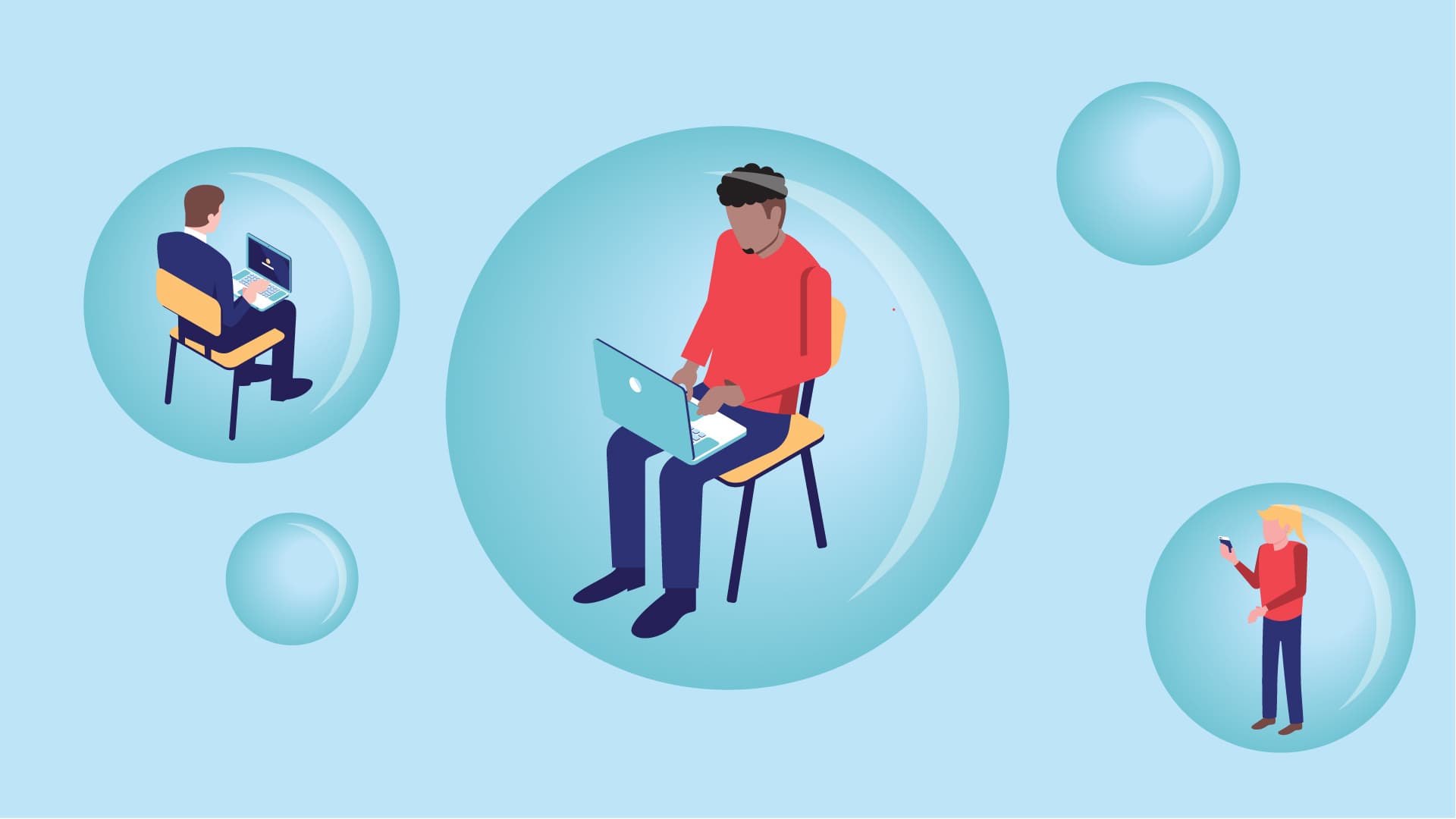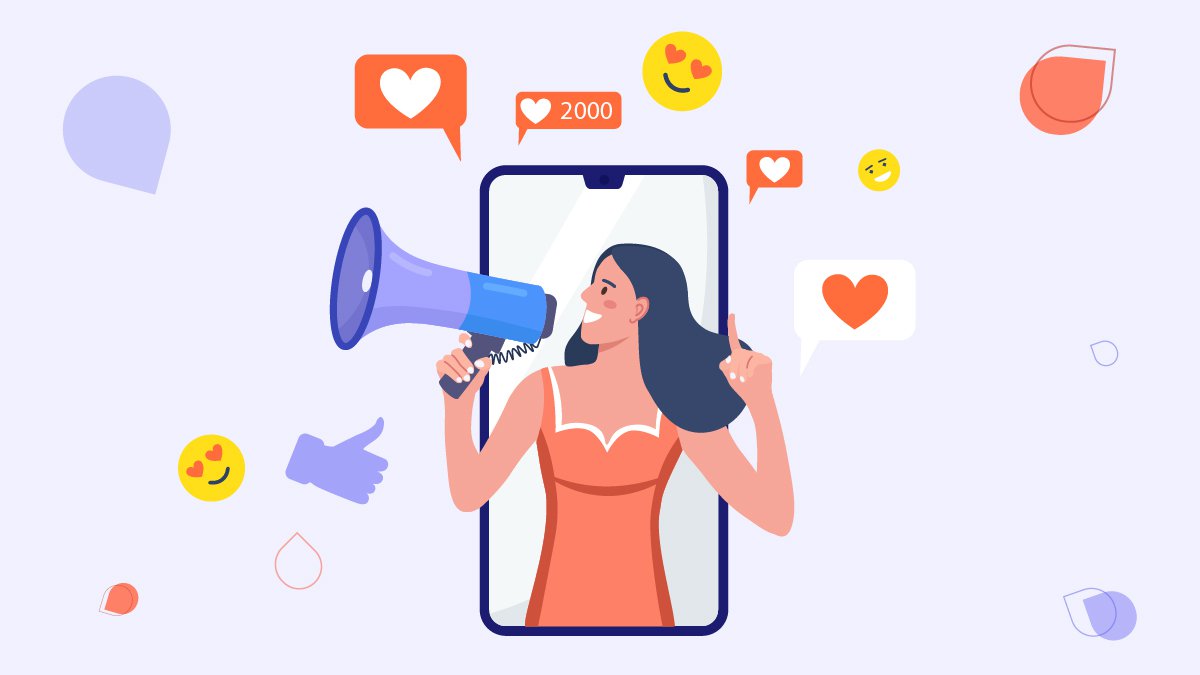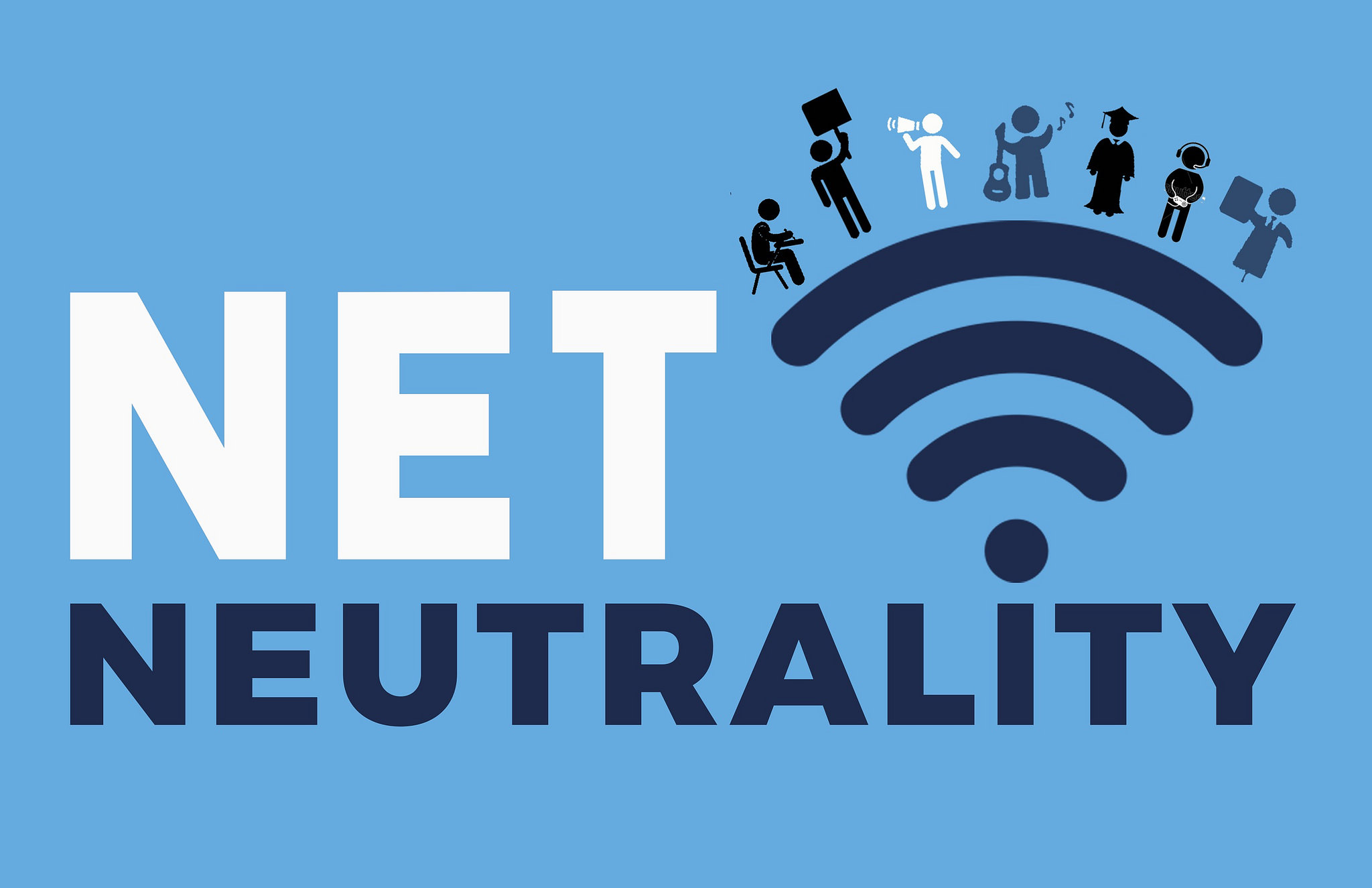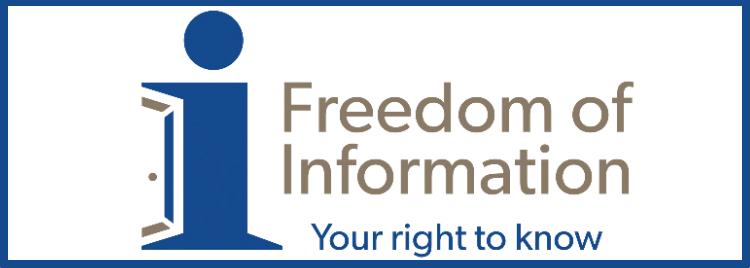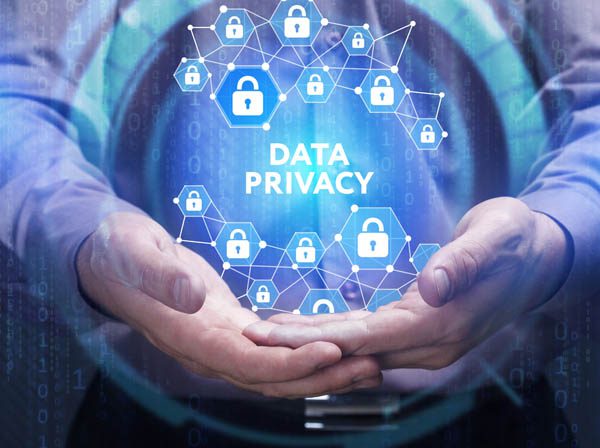Technology over the years has become more advanced allowing for faster widespread communication and the development of artificial intelligence. Everyday, millions of people are using technology for communication, entertainment, shopping, and looking up information. They are creating accounts and making posts on social media, unaware that what they put on the internet stays there forever. Most people would think that their relationship with technology is healthy because they use technology for entertainment and communication, but they don't know about the downsides of technology. Some downsides of technology are hate comments, content staying on the internet forever, getting information stolen, and getting misinformed. As a result of these downsides, people will become misinformed with news that they read as a result of propaganda, teenagers receiving hate comments causing them to become depressed, and people's identity or money stolen by sketchy links and websites. Social media has become a part of everyday life with people creating entertainment and making money from social media. There are many downsides to social media like misinformation and dangerous trends. People who want to gain lots of followers, will post funny content, trends, and anything interesting in their personal life. As a result of wanting to gain followers, sometimes people go too far and they might create fake content like staging something dramatic or doing dangerous trends. Hate comments on social media can cause people to become depressed or lower their self-esteem and that can affect their personal life like school. I think that my relationship with technology is healthy because I rarely post on social media and I use it mostly for entertainment and communication. By rarely posting on social media, I am able to keep my life personal, unlike people who post their daily life on social media, allowing anyone to know what their personal life is like. Sometimes, I think that my relationship with technology is unhealthy because I would be using it for hours when I am bored and don't feel like doing homework, causing me to procrastinate. The information that I find online most of the time is real and not misleading, but if the information looked a little odd, I would do my own research or completely ignore it. I don't have an online presence on the internet because I don't post on social media at all, so when employers are searching for my name online, they will find other people, but not me. In the future, I would create a LinkedIn profile and on social media like Instagram, I would put posts that are related to my major, so employers don't have to look at only one social media site.
Media Law and Literacy
Blog Post #6 (AntiWar)
I think that people never see strong antiwar voices on news and social media without deliberately searching for them because the government net neutralizes them. Because the 1st Amendment protects against antiwar voices, the government cannot do anything to stop them from speaking. Instead they will "hide" those strong antiwar voices in the back of searches, when people look up information about a war. People will have to seek out obscure websites to look for strong antiwar voices because if it's on a mainstream website, the government might take the website down.
EOTO #2 Reaction
Some things that I learned from EOTO #2 are echo chambers and online influencers. Echo chambers are an environment where a person encounter information or opinions that reflect their own beliefs. Echo chambers can lead to narrow minded thinking and miss out on important information. Apart from echo chambers appearing on social media, they can also appear from family and friend groups. Echo cambers also affect politics negatively because people will only see one side of the story and not know about the other side, unless people actively look for them.
Online influencers include fashion, fitness, travel, etc. Some positive aspects of online influencers are having authenticity, trust with their viewers, diverse audience, effective marketing, and innovation and creativity. Online influencers allow products reach different audiences, allowing for growth of different businesses. Some negative aspects of online influencers are over commercialization, authenticity concerns, ethical concerns, and influencer fatigue. Since anyone can be an influencer, contents are very similar and leads to competition among the influencer, which can cause them to fake their content causing authenticity concerns for viewers.
Blog Post #8 (EOTO Presentation #2)
Net Neutrality
Net neutrality is the concept of an open and equal internet for everyone regardless of device, application, and content. Internet service providers (ISPs) cannot slow down data to make way for another or charge extra for better internet speed. Some examples of net neutrality is when Verizon’s throttled their services which affected the Santa Clara County Fire Department’s ability to provide emergency services during the California wildfires and when Comcast introduced new speed limits where the resolution of videos will be throttled to 480p on all its mobile plans unless customers pay extra.
In 2015, the Obama administration enacted rules that prevented ISPs such as AT&T and Comcast from deliberately speeding up or slowing down traffic to or from specific websites based on demand or business preferences. In 2017, the Federal Communications Commission (FCC), under President Trump, eliminated all net neutrality protections and allowed states to implement their own open internet rules. In July of 2022, Senator Edward J. Markey, Ron Wyden, and Representative Doris Matsui introduced the Net Neutrality and Broadband Justice Act, a legislation that would classify broadband internet access as a telecommunications service under Title II of the Communications Act. This act would give the FCC authority to prohibit discriminatory practices and the ability to enact broadband policies that enhance public safety, increase accessibility and protect consumers.
The benefits to having net neutrality are information freedom, business freedom, and consumer choice. Net neutrality promotes free speech and idea sharing and net neutrality law prevents ISPs from getting the power to regulate or prohibit what their consumers see, access, or read on the internet and it prevents large businesses from gaining an unfair advantage when they pay ISPs more for unrestricted customer access to their products or services.
Blog Post #4 (Privacy)
The issues of privacy that appeared because of technology affects everyone like people are able to access someone's social media to know what kind of person they are, what jobs they have, and what they look like. With mass surveillance technology and telephone companies wiretapping information, everyone is being watched at all time and they don't know it. This information might be useful in stopping terrorists or catching criminals, but the cost of security is the loss of privacy from the government. With social media and the internet being so widespread, posting anything online will saved even if you delete it. This can cause problems because the posts can resurface anytime and can cause even more problems and rumors, especially when people are seeing it for the first time and they don't know if the post is new or old. Some things that we can do to protect ourselves is to watch what we post on social media, read the fine prints for anything, and don't give away your personal information easily.
EOTO Reaction
Some technologies that I learned from someone else are typewriters and telegraphs. Typewriters were patented in 1867 by Christopher Sholes, Carlos Glidden, and Samuel Soule. The advantages to typewriters are less time consumption, less errors, better legibility, faster document production, and being able to keep records. The disadvantages to typewriters are job loss because it only required one person to print documents compared to the printing press, resource depletion and electronic waste, and physical strain from typing for hours. The impact of typewriters are changing the standard writing style, shaped modern writing practices, and contributed to the evolution of written communication.
The telegraph was created by Samuel F.B. Morse and he created the Morse code in 1835. The telegraph sends electric signals across wires in short or long beeps to communicate across long distances. By the 20th century, all long distance communication relied heavily on the telegraph. The impact of the telegraph is that it created immediate communication across long distances. increased trade internationally, and expanded the market.
Blog Post #7 (Diffusion of Innovation)
Looking at personal computers through the lens of the Diffusion Theory, personal computers were very successful. Many people became early adopters of personal computers because of its convenience with the Internet being able to communicate with people from long distance in real time when compared to sending paper mails. As new functions came out for PCs, the early majority started to use PCs for business, communication, and entertainment. Some people were late adopters and laggards because they think that they didn't needed PCs, but as time went on, they realized that they have to start using PCs because the society has made PCs a standard item in many places like, libraries, restaurants, and shopping malls.
Some negative consequences to PCs are that they can be hacked and since they are easily affordable and the majority of people have them, other individuals and business can reach out and scam people. This could be a reason why laggards don't want to buy PCs, because of them losing money or have their personal information stolen. Even though people are able to get scammed and hacked from using a PC, the positive aspects outweighs the negative aspects of PCs because if people are aware of what is happening when online, they can avoid getting scammed or hacked and can use PCs as they are intended; for communication and entertainment.
Subscribe to:
Comments (Atom)
-
Technology over the years has become more advanced allowing for faster widespread communication and the development of artificial intell...
-
I think that people never see strong antiwar voices on news and social media without deliberately searching for them because the gover...
-
Personal Computers Before personal computers were introduced, computers were huge, expensive, required a team of engineers and other s...


